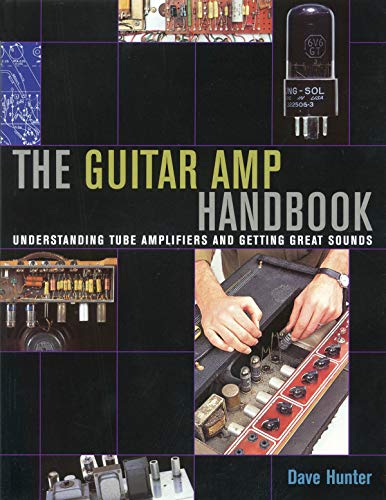bypass or decoupling capacitors have an impact on sound in theory.
i admit that, no problem.
but mostly when a transient curent demand occurs and in a quite big range (at least a few hundreds of mA),then it works like a device’s local energy storage.
in mic capsules and decoupling caps on them, we have some nA , not enough energy, for me (and probably Neumann techs), to impact the sound in the hearing frequency range, when you change the cap quality.
We're talking about 0,002% or something like that, and Moby has understood that it's virtually non measurable.
their utility is to filter and put the 0vAC reference for the backplate, that's why when C1 is out, the sound is so small and dirty:the capsule looses its 0VAC reference.
i'm sometime a bit sarcastic because , i hate talking during hours about non measurable things , and like Gyraf and Moby said there's no B&W answer, so we can't ASSURE that PIO or whatever C1 caps, HAVE and an big impact on the sound .I add that i'm becoming very suspicious when shootouts are coming to support his own thesis.
I assure that i have nothing against opposite opinions in general and with C1 in peculiar , and i think that even if the debate was sometimes very vigorous, it was never with an abusive language .
My intentions were pure : to focus on essentials, like the capsule , tube (this thread), output transformer ,head basket, coupling caps...all the parts that are 99,9% of the microphone sound .
If someone married wants to experiment with C1 , my last advice is to divorce before

I hope that this last post will bring back the peace
Cheers
Fred

















![Soldering Iron Kit, 120W LED Digital Advanced Solder Iron Soldering Gun kit, 110V Welding Tools, Smart Temperature Control [356℉-932℉], Extra 5pcs Tips, Auto Sleep, Temp Calibration, Orange](https://m.media-amazon.com/images/I/51sFKu9SdeL._SL500_.jpg)















